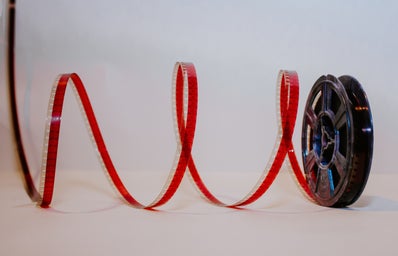So much of the way we perceive the world is created and formed through technology and the media. These platforms generate a “way of thinking” for their audiences to conform to. Recent studies in the field of psychology have looked at the overwhelmingly underrepresentation of women in film. For example, male speaking characters greatly outnumber female speaking characters 2 to 1.
(Photo courtesy of John A. McArthur)
This statistic holds up across racial groups in film as well.
(Photo courtesy of John A. McArthur)
While the quantity of representation of women in film is poor, the quality of their representation continues to reinforce certain stereotypes that belittle and patronize women, like the idea that all we talk about is men. An example of a measure for the quality of the representation of women can be found in the Bechdel Test. The Bechdel Test looks for three “criteria” that a large set of movies must meet:
1. The movie must have two named women
2. They must talk to each other
3. They must talk to each other about something other than a man
It is quite obvious that these criteria should be easily met in every movie ever made, but surprisingly (and very disappointingly) 10% don’t meet any of the 3 requirements, 22% only meet one of the criteria, 10% only meet two of the criteria, and… wait for it… only 58% meet all three criteria. Yes. Let that sink in. About half of the top movies of the year don’t meet the three criteria.
So, what are the implications surrounding this underrepresentation of women in film? Films, and media in general, play a HUGE role in shaping and reinforcing gender stereotypes. The scariest part is the subtlety behind this. Before learning this information, I would have never guessed that half of the top movies didn’t pass these easily passable criteria. These aren’t random movies no one has ever heard of. These are movies that we see in theatres all around us. For example, Love Simon is a great movie, but didn’t pass. Movies that are tailored to children, like How to Train Your Dragon, often don’t pass as well.
Gender stereotypes, even at a young age, are created and reinforced by film. It’s hard not to enjoy a great empowering movie, like Love Simon, that speaks to other issues in our society, but watching out for gender stereotypes in these movies can also be beneficial in the long run.



